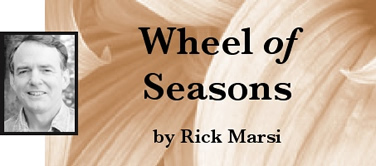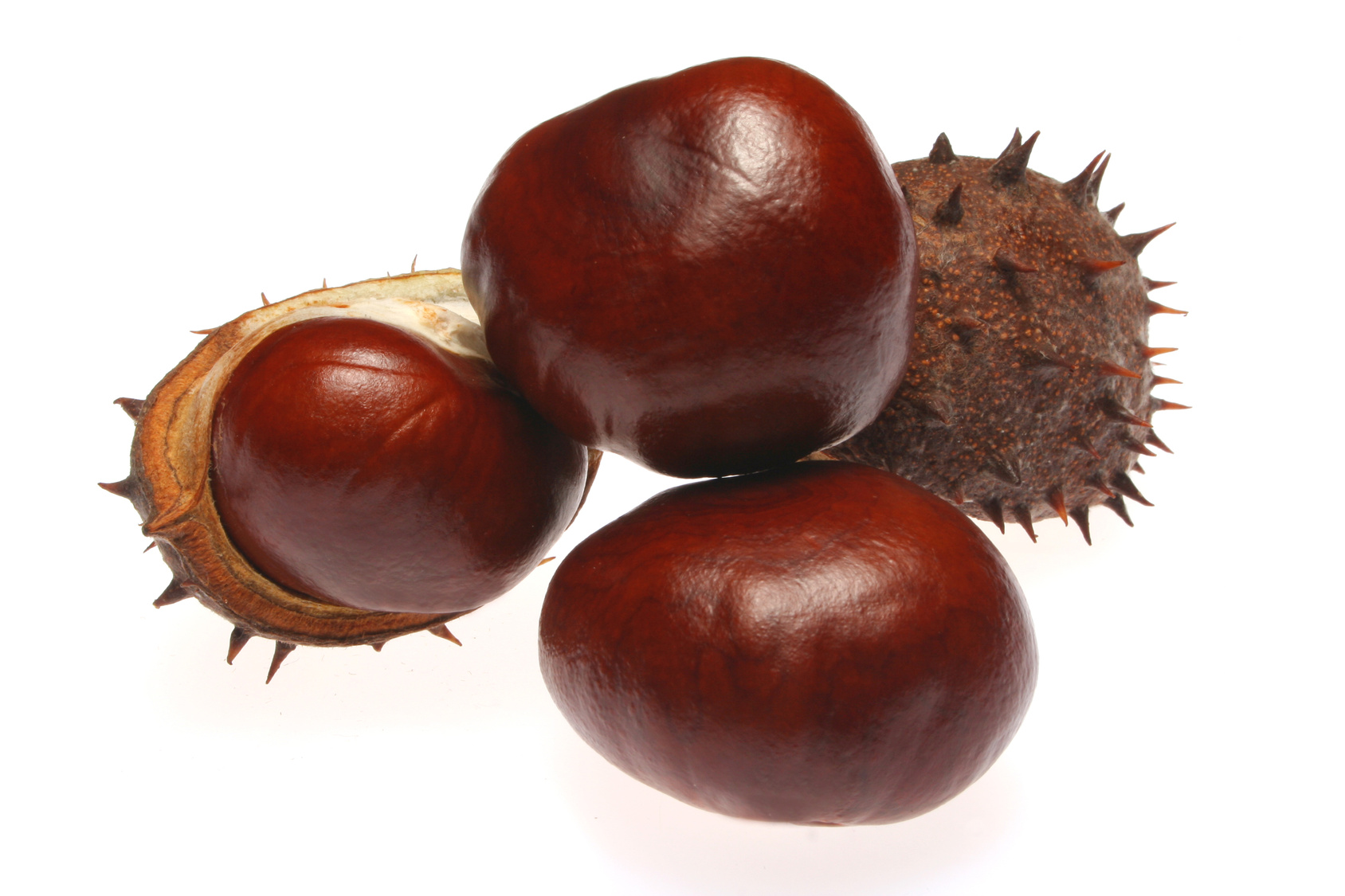
Summer yields to horse chestnut wars
Summer turned to fall on the block where I grew up with only the faintest of acknowledgments from my band of dirty-faced cronies. Were it not for the fact we found ourselves trudging back to school, we might have missed the change of seasons completely.
Thinking back, I do remember one autumnal sign that was greeted with glee by local kids and trepidation by their parents: the falling of horse chestnuts.
 Our street was lined with huge horse chestnut trees, planted decades prior by city fathers who knew these European imports would eventually become shady giants. Towering 60 feet above the pavement, the arching chestnuts turned an ordinary street into a cool, deep tunnel — pride of the neighborhood.
Our street was lined with huge horse chestnut trees, planted decades prior by city fathers who knew these European imports would eventually become shady giants. Towering 60 feet above the pavement, the arching chestnuts turned an ordinary street into a cool, deep tunnel — pride of the neighborhood.
During summer we watched the chestnuts ripen. Looking high into the canopy, we could observe the progress of the spiny, thick-walled capsules holding dark brown treasures. Leathery green hulls grew bigger and bigger until, finally, the first one broke loose and fell. A few days later the streets, yards and driveways of the neighborhood were covered with thousands of prickly projectiles.
Howling like savages, neighborhood angels pounced on this bountiful harvest with bushel baskets, buckets and peanut butter jars.
Coming one or two in each bur, the chestnuts immediately became highly prized local wampum. They were traded with as much enthusiasm as baseball cards.
I always tried to get my hands on the biggest ones I could find. They were easiest to throw.
One shudders thinking back on the battles that followed each horse chestnut harvest. Using chestnuts as weapons, warring factions chased one another through well-kept gardens and flower beds.
Fortunately for the safety of all, each skirmish saw the supply of ammunition diminish. Before long, the chestnuts were gone. Our street became quiet again.
Those horse chestnut trees are long gone from my old neighborhood now. Their roots got too big and were wrecking the sidewalks. Flowering crabapples have taken their place. I feel sorry for the kids who live there these days. You can’t throw those little crabapples for beans.
Naturalist Rick Marsi, a member of the Susquehanna Group, is a journalist, public speaker and leader of eco-tours. His book of favorite nature columns is Wheel of Seasons, available at www.rickmarsi.com. ©2013 Rick Marsi